Exploring nature and wildlife alone sounds like a thrilling adventure. However, it’s crucial to stay safe and prepared throughout the journey. In this article, we’ll provide you with ten tips that’ll ensure you have a safe and enjoyable time while exploring nature alone.
Choose Your Destination Carefully
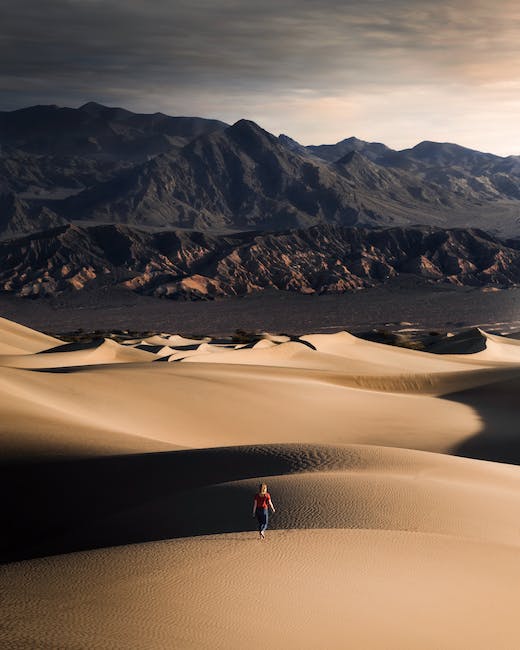
Before setting out on your solo adventure, it’s essential to research your destination. Learn about the wildlife you may encounter and the potential risks associated with them. The terrain and weather patterns are also critical to know beforehand. It’s best to avoid high-risk areas such as places with dangerous wildlife or criminal activity.
For instance, if you’re going for a hike, ensure you know the area’s trail map and mark the location of nearby water sources, rest points, and any dangerous animals or insects. Carry any necessary equipment such as hiking boots, a walking stick, or ropes. Also, be mindful of any natural disasters such as floods, wildfires, or earthquakes that may occur.
Pack Smartly
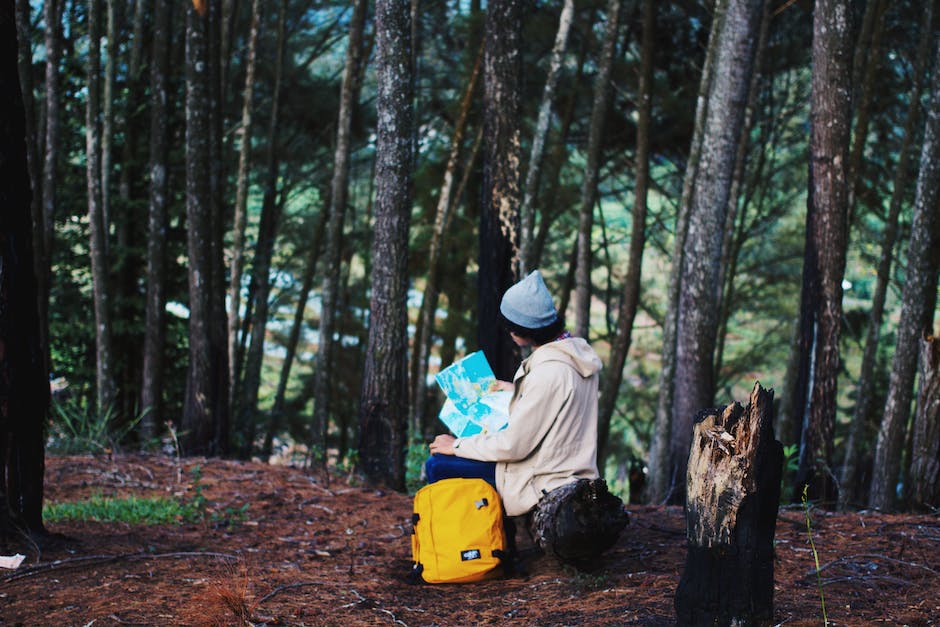
Packing smartly is key to having a safe and enjoyable experience. Make sure to bring enough food, water, and extra clothing in case of unexpected delays. A first aid kit is also essential to pack. Ensure it has all the necessary supplies to deal with potential injuries such as bandages, disinfectants, and mosquito nets.
If you plan to embark on a long hike, it’s best to carry a map, compass, and a GPS tracker. Communication devices such as a satellite phone or a walkie-talkie are also useful in remote areas without mobile network coverage.
Inform Others of Your Plans
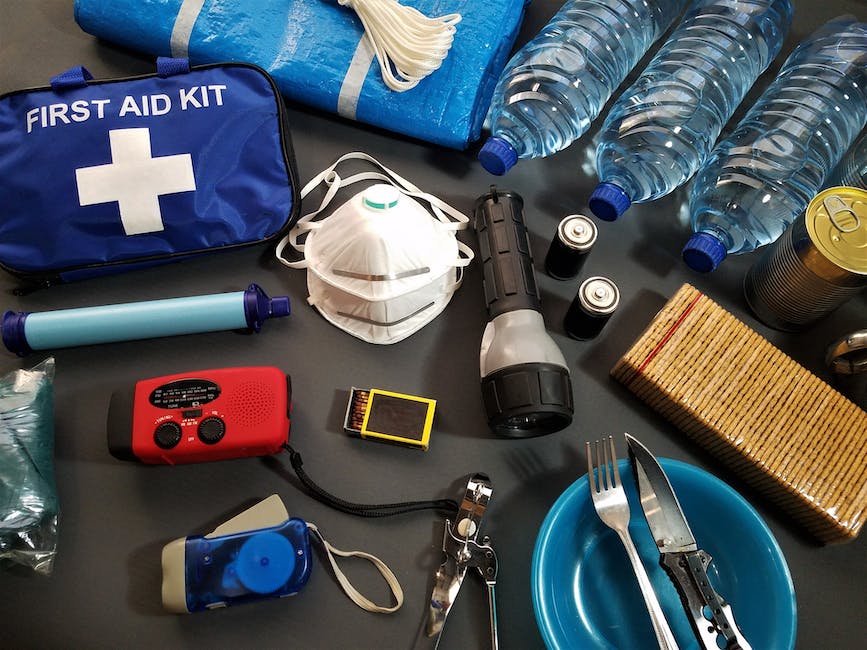
Tell someone about your solo adventure plans before you embark on them. It’s essential to let others know where you’re going, when you plan to leave, and when you expect to return. Leave them with emergency contact numbers and any relevant information, such as your mode of transportation or the specific route you plan to take, to reach out to you in case something goes wrong.
If you’re staying in a hotel, tell the hotel staff about your plans, or give them your itinerary. Additionally, update your contacts about your location and status as you progress along your trip, especially if your plans change.
Stay Alert and Aware of Your Surroundings
Being conscious and aware of your surroundings is critical. Keep an eye out for wildlife and take the necessary precautions such as carrying bear spray or a whistle. If you’re hiking, stay on marked trails, and be cautious on steep or slippery terrain. Avoid walking alone at night or in unfamiliar areas, and always be mindful of your personal safety and security.
If you encounter wild animals, maintain a safe distance and make noise to alert them of your presence. Always follow the guidelines posted, and never approach or feed wild animals. For example, If you’re in a bear country, hike in groups and carry a can of bear spray.
Respect Wildlife

Respect the wildlife and their natural habitat while exploring nature. Observe them from a safe distance and avoid disturbing their natural behaviors. Keep your food and trash secure to avoid attracting wildlife. Follow any posted rules and regulations and avoid touching or damaging natural habitats or endangered plant life.
Be Prepared for Emergencies

Regardless of how well-prepared you are, emergencies can happen. Bring a charged cell phone and ensure you have the necessary supplies in your first aid kit. If it’s a long trip, consider taking a wilderness first aid course to be better equipped to handle any potential emergencies. Learn how to identify the signs of heat exhaustion, hypothermia, and dehydration.
In some areas, the chances of encountering venomous snakes or biting insects are high. So, it’s good to have some knowledge about poisonous plants, their symptoms, and how to prevent contact with them.
Know Your Limits
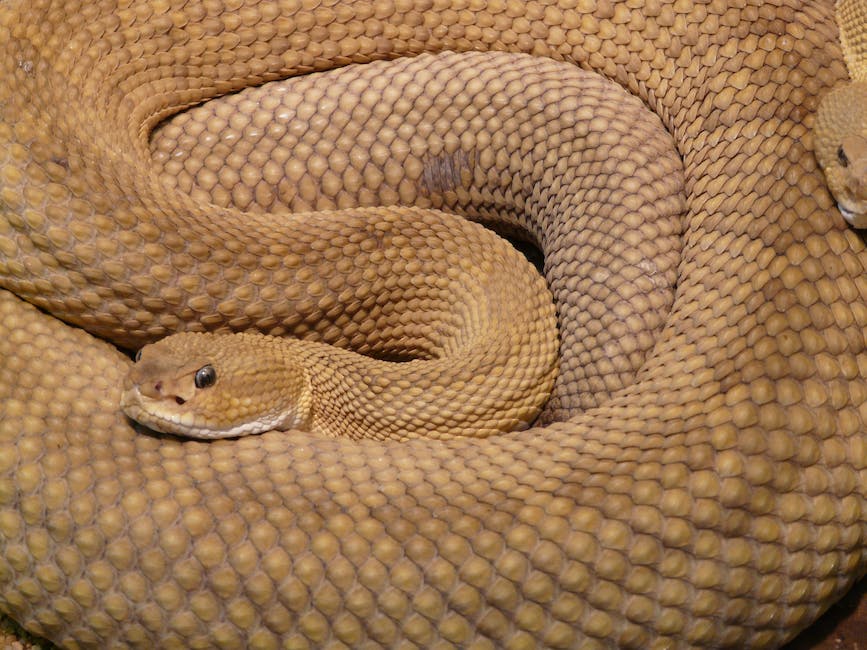
It’s essential to understand your fitness level and experience before embarking on any adventure. Do not attempt activities beyond your skill level or physical abilities. Take breaks often to rest and hydrate. Listen to your body and be prepared to turn back if necessary.
While it’s great to push yourself out of your comfort zone, it’s equally important to recognize and respect your body’s limits. It’s better to be safe than sorry.
Stay Hydrated

Staying hydrated is critical to stay healthy while exploring nature. Bring enough water with you and consistently drink throughout your adventure. However, avoid drinking water from streams or rivers as it can be contaminated with harmful bacteria.
The general rule of thumb is to drink at least 1-2 liters of water per day, depending on the climate and exercise intensity. Additionally, carry electrolyte tablets to keep the mineral balance in check.
Leave No Trace
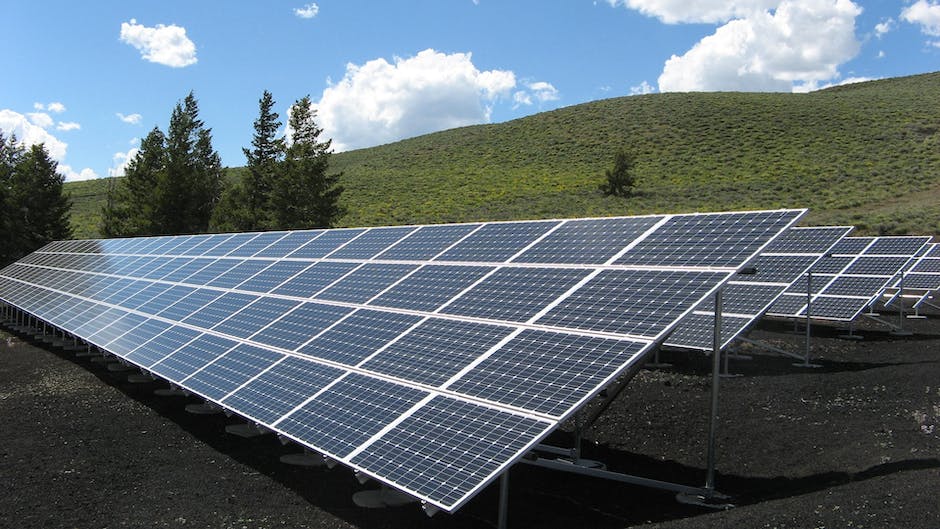
It’s vital to preserve nature’s beauty by leaving no trace of your visit. Ensure you pick up any litter, including biodegradable waste such as banana skins, apple cores, or orange peels. Follow the “Leave No Trace” principles, packing out all trash and minimizing your impact on nature.
It’s best to use biodegradable soaps, and avoid using plastic bags to store trash. If you have plenty of time, consider participating in environmental clean-up activities in the areas you visit as a payback to nature.
Trust Your Instincts

Trust your instincts and listen to your gut. If something feels off or dangerous, trust that feeling and take necessary precautions. It’s better to avoid areas or situations where your intuition tells you something isn’t right. Prioritize your safety over any adventure.
It’s crucial to remember that you’re alone in the wilderness, and if something goes wrong, it’s up to you to fix it. Trusting your instincts will keep you aware and proactive throughout your journey.

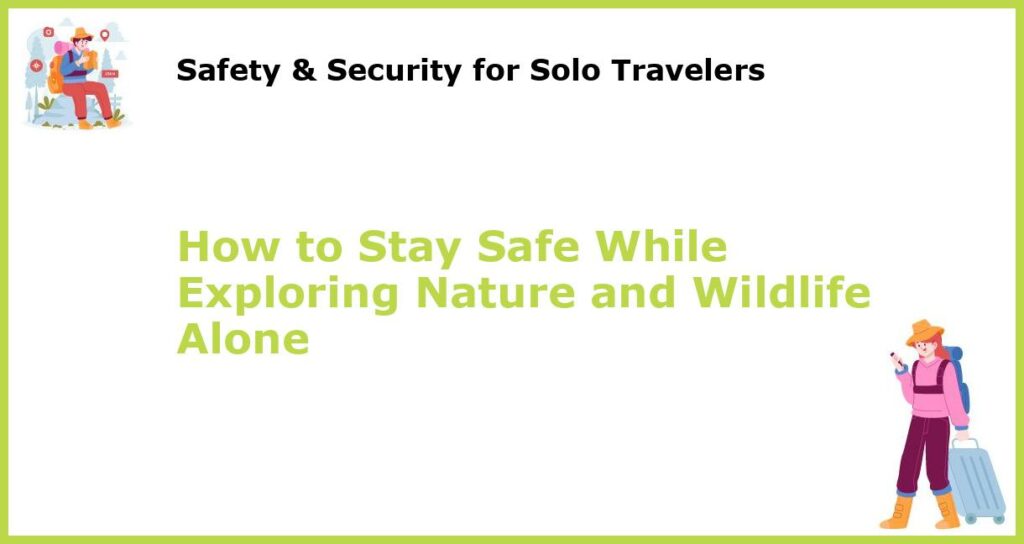






 You might also be interested in those articles related to solo traveling
You might also be interested in those articles related to solo traveling